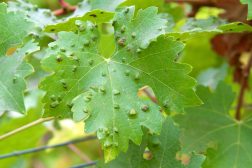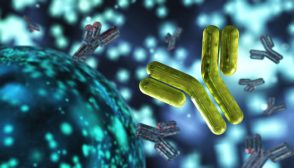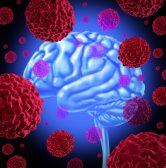Definition
noun, plural: trypomastigotes
(protistology) The developmental stage or the morphological form in the lifecycle of trypanosomatids in which the characteristic morphological form is a flagellum arises from a posteriorly located kinetoplast and emerges from the side of the body, with an undulating membrane running along the length of the body
Supplement
Trypanosomatids (a group of kinetoplastid protozoa) have different morphological forms in their life cycle. And their forms are distinguished mainly through the position, length, and the cell body attachment of the flagellum. These morphological forms or stages in their life cyle include the following: (1) amastigote, (2) promastigote, (3) epimastigote, (4) trypomastigote, (5) opisthomastigote, and (6) choanomastigote.
The trypomastigote stage is characterized by the presence of a flagellum arises from a posteriorly located kinetoplast and emerges from the side of the body. The flagellum is connected to an undulating membrane, which is a sinuous extension of the cytoplasmic membrane performing vigorous, wavelike, and reversible movements. The trypomastigote stage is formerly referred to as the trypanosomal stage. The latter was replaced with the term trypomastigote since it is often confused with the flagellate genus Trypanosome.
The trypomastigote stage is the infective stage for south American trypanosomiasis and african trypanosomiasis.
Synonym(s):
- trypanosomal stage (archaic)
Compare:
See also:
- Herpetomonas
- Trypanosomes
- Trypanosomatid
- life cycle
- protozoa
- flagellate
- trypanosome
- kinetoplast
- undulating membrane







